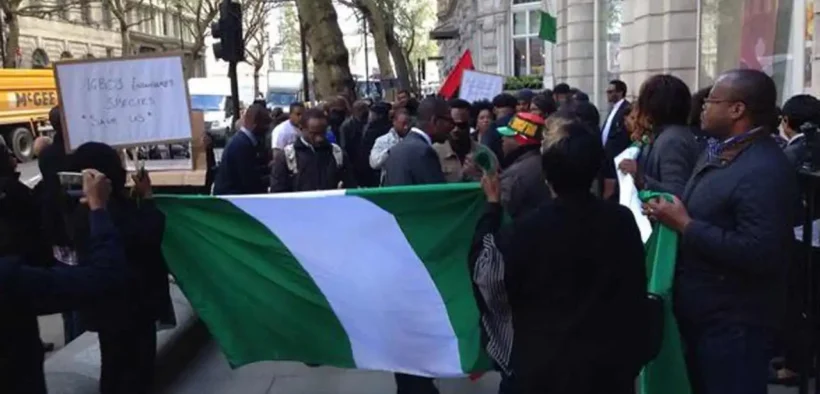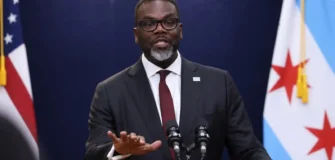Nigerians Face Unexplained U.S. Visa Cancellations
Share

A growing number of Nigerians with valid U.S. visas are being denied entry to the United States, sparking frustration and confusion among affected travelers. These sudden visa cancellations, which have largely remained out of the public spotlight, are causing significant disruption to business, education, and personal plans for many Nigerians.
According to Business Insider Africa, Nigerian citizens have been encountering refusals at U.S. border entry points, with no prior warning that their visas were at risk of being revoked. This has left travelers shocked and struggling to comprehend the abrupt change in their status, as their carefully planned trips and engagements are suddenly interrupted.
Visa Cancellations
Reports indicate that Nigerian citizens, ranging from business professionals to entertainers, as well as individuals with family in the U.S., have had their visas annulled without explanation.
The cancellations are reportedly based on new, unspecified information, a process authorized under Title 22 CFR Section 41.122, which allows the U.S. government to revoke visas if deemed necessary.
This growing issue has raised concerns, as the affected travelers are left with limited information and no formal appeal process. One notable case is that of Olufemi Soneye, the former chief corporate communications officer of Nigeria’s national oil company, NNPC Ltd.
Soneye shared his experience of the “humiliation” many Nigerians felt when they discovered at the airport that their visas had been quietly invalidated.
A Frightening Realization at the Airport
Soneye explained to The Cable that the process, once routine, had become a stressful and intimidating ordeal. Travelers often discovered that their visas had been cancelled only at the airport, sometimes even at the boarding gate.
This led to a series of disruptions, including cancelled business meetings, refunded flight tickets, and awkward explanations to foreign partners. In some cases, immigration authorities detained travelers before sending them back to Nigeria.
For many, this wasn’t just about the inconvenience of travel disruption but the sense of humiliation and uncertainty that came with being told at the last moment that their visa was invalid.
“Each had to abruptly cancel engagements, refund tickets, and explain to partners abroad why they could no longer show up,” Soneye shared. “For some, the humiliation has been unbearable.”
Limited Options for Affected Travelers
Unfortunately, there are few options available for those whose visas have been cancelled. With no formal appeal process, Nigerian travelers are left to reapply for their visas—a process that is both time-consuming and costly. This creates a significant barrier, especially for African students who were encouraged to limit their travel in light of the growing uncertainty.
The revocations come amidst existing visa restrictions imposed on African travelers by the U.S., citing concerns over security and immigration issues. Under former President Donald Trump’s revised foreign travel policies, Nigerians seeking to enter the U.S. are limited to three-month, single-entry visas—a change that has already impacted Nigerian travelers.
As Soneye points out, for many Nigerians, these visas represent more than just travel permissions—they are essential lifelines for education, medical treatment, family reunions, and critical business operations. “To have them snatched away without explanation is to leave lives suspended in confusion and despair,” he remarked.
For Nigerian businesspeople, the visa revocations have severe consequences. Many rely on their U.S. visas to further their professional and personal ventures. The sudden removal of this access not only disrupts their business prospects but also strains personal relationships, particularly for those with family in the U.S.
The cancellations have also created a sense of injustice, with many travelers feeling they are being unfairly targeted. This has led to growing tensions between the U.S. and Nigeria, with some questioning whether these actions are politically motivated.
In the absence of a clear solution or formal communication from U.S. authorities, Nigerian travelers and international students remain uncertain about their ability to travel freely and plan for the future.
As the situation continues to evolve, many are left to navigate the complicated regulations surrounding U.S. visas under the Trump administration, unsure of when or if this disruption will end.


















